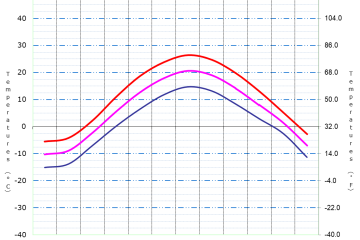Harvey Weinstein: A Continual Battle in the Courts

Introduction
Harvey Weinstein, the former Hollywood mogul, remains a significant figure in discussions surrounding sexual assault, power dynamics, and justice within the film industry. His high-profile trial and subsequent legal battles have not only captivated media attention but also stirred national conversations about accountability for sexual misconduct. As his appeal process unfolds, the implications for survivors of sexual assault and the broader #MeToo movement continue to resonate.
Recent Developments
On February 24, 2023, Harvey Weinstein was sentenced to 16 years in prison after being convicted in Los Angeles of rape and sexual assault. This marked his second conviction for sexual crimes, following a previous conviction in New York in 2020. The LA case has been particularly notable, as it has involved multiple survivors who testified against Weinstein, sharing their experiences and further shedding light on the pervasive issue of sexual violence in the entertainment industry.
Following his conviction, Weinstein’s legal team promptly announced their intention to appeal the decision, arguing that various procedural errors during the trial could have influenced the jury’s decision. Legal experts suggest that the appeal process may take several months, if not years, and it raises questions about the effectiveness of legal recourse for victims of sexual assault. This prolonged battle in the courts exemplifies the complexities faced by survivors seeking justice.
The Broader Impact of the Case
Weinstein’s cases have significant implications beyond the courtroom. His fall from grace catalyzed the #MeToo movement, encouraging thousands of individuals to share their own experiences with sexual harassment and assault. The ripple effect of his exposure has led to increased scrutiny of workplace environments across various sectors, prompting calls for policy changes and more robust protections for employees.
Activists argue that despite the legal proceedings against Weinstein, systemic changes are crucial for creating safer workplaces and ensuring accountability for those in positions of power. With ongoing discussions about sexual misconduct and justice, the implications of Weinstein’s actions and the responses to them will likely influence future cultural and legal landscapes.
Conclusion
As Harvey Weinstein’s legal challenges persist, his case remains emblematic of the ongoing struggle for justice in cases of sexual violence. The findings and outcomes of his appeal may set a precedent not just for future cases but also for the treatment of survivors within the legal system. The broader implications of his cases highlight the need for continuing discussions about power, accountability, and resting assured that victims’ voices are not silenced. As society continues to grapple with these critical issues, the outcomes of Weinstein’s ongoing legal battles will undoubtedly play a pivotal role in shaping the landscape of sexual assault recognition and justice.









